Do birthdays always mean balloons and cake? What Are Jewish Birthday Traditions? Not in every culture. If you’re someone seeking deeper meaning beyond gifts and parties, you’re not alone; and this article is for you.
You are the hero of this story, looking to celebrate life with intention, gratitude, and spiritual connection. Whether you’re new to Jewish traditions or reconnecting with your roots, navigating sacred customs can feel overwhelming; but it doesn’t have to be.
As your trusted guide, We’ll walk you through eternal 7 Jewish birthday traditions. You will discover:
- What Psalms to recite
- How charity becomes a birthday gift
- Why reflection and blessings matter most
Keep reading, and you’ll discover how to turn your birthday into a day of purpose, peace, and personal growth.
By the end, you’ll know how to mark your next Jewish birthday with depth and delight.
- Jewish Birthday Traditions
- 1. Reciting Tehillim (Psalms) on a Jewish Birthday
- 2. Reflecting on Personal Growth and Doing Teshuvah in Jewish Birthday
- 3. Receiving a Blessing from a Rabbi or Elder
- 4. Learning Torah or Giving a D’var Torah
- 5. Celebrating a Bar Mitzvah or Bat Mitzvah
- 6. Hosting a Seudat Mitzvah
- 7. Lighting Candles on a Jewish Birthday
- 8. Visiting the Gravesite of a Tzaddik or Loved One
- What Are Jewish Birthday Traditions? A Recap
- FAQ
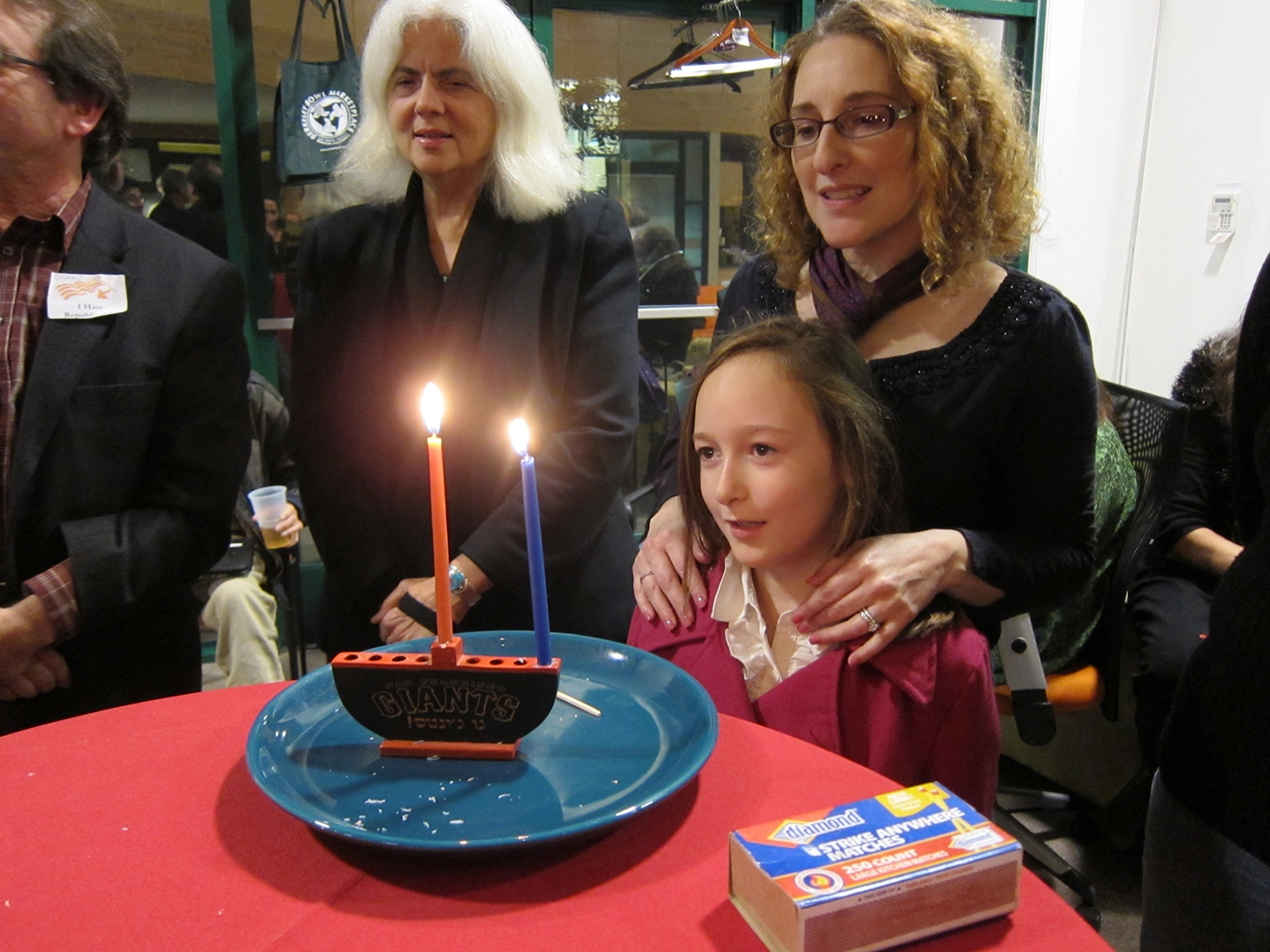
Jewish Birthday Traditions
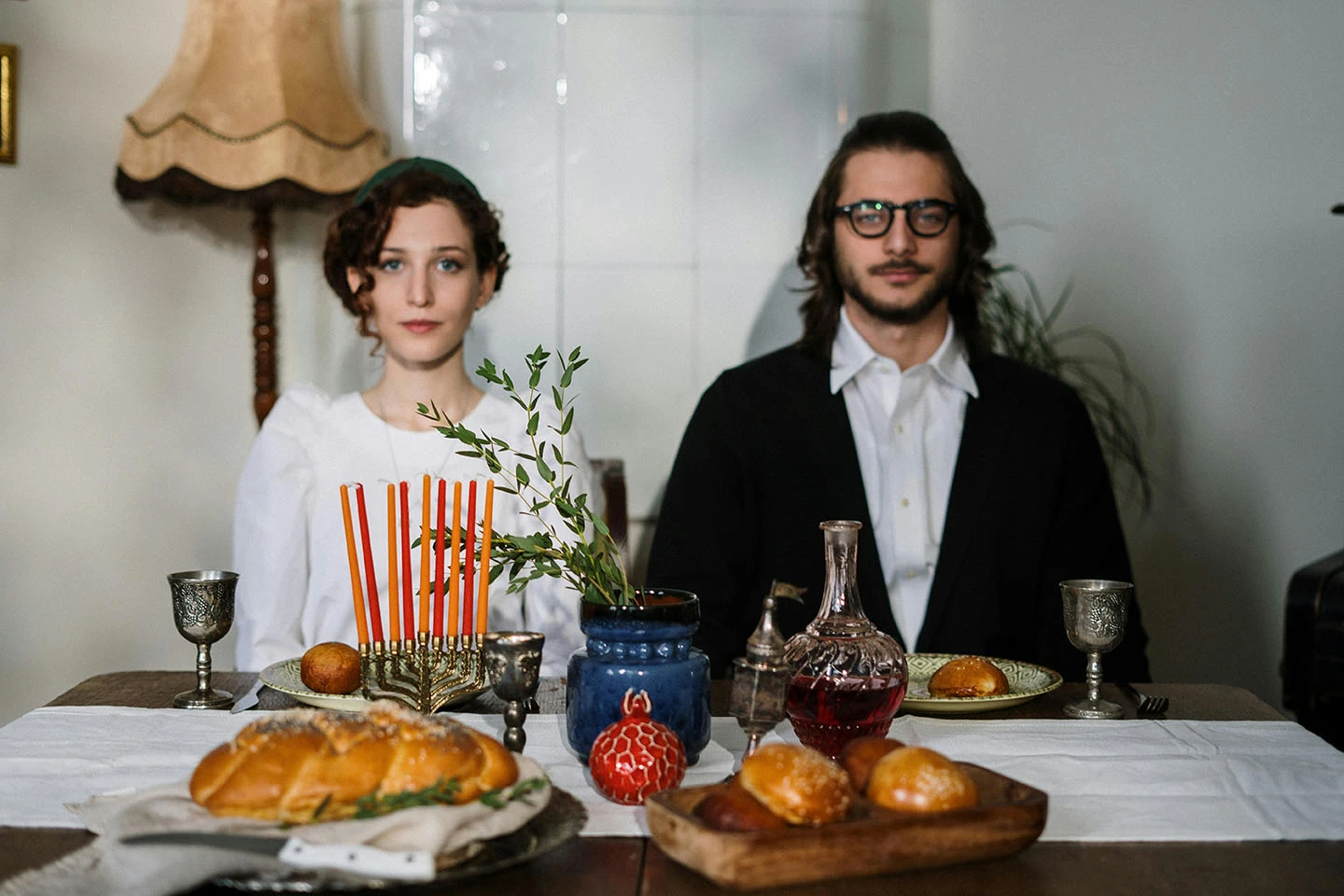
Unlike the grand celebrations of some cultures, Jewish birthdays are more reflective and spiritual, often centered on blessings, charity, and personal growth. From offering heartfelt brachot (blessings) and reading Psalms, to giving tzedakah (charity) and performing mitzvot (good deeds), birthdays are seen as a time for gratitude and self-improvement.
In Israel, celebrations range from joyful children’s parties to thoughtful adult reflections, sometimes marked by an aliyah (Torah reading) or even a celebration meal with a traditional “Yom Huledet Sameach” song.
Whether it’s a quiet moment of prayer or a spirited Bar/Bat Mitzvah at the Western Wall, Jewish birthday customs reflect a blend of ancient faith and modern joy.
Curious to discover why some people celebrate two birthdays or what “Ad Meah V’Esrim” really means? Join us for a deeper look into these unique and heartwarming traditions; your invitation to learn more expects!
See Also What Do Jewish People Look Like?
1. Reciting Tehillim (Psalms) on a Jewish Birthday
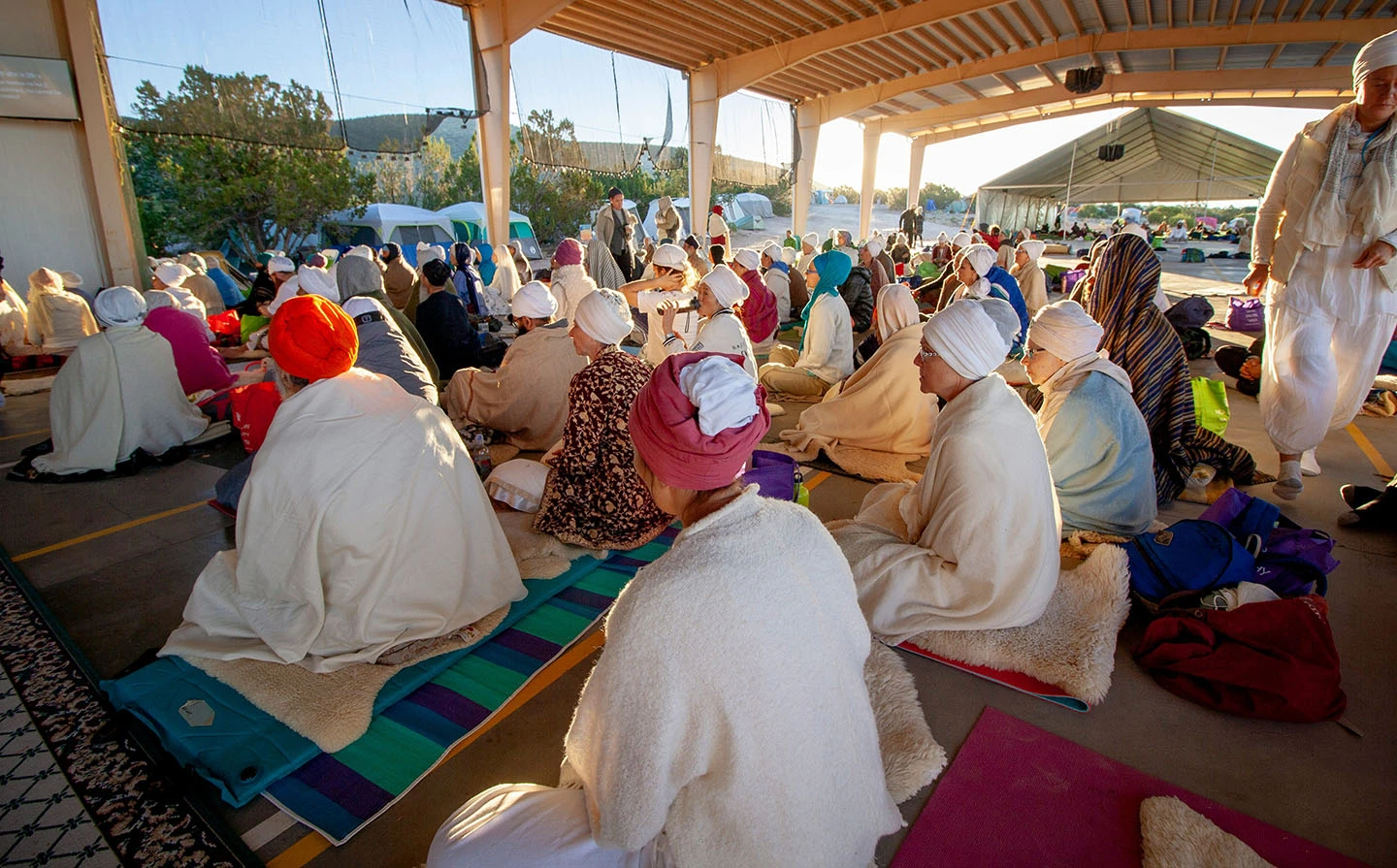
On a Jewish birthday, there’s a beautiful and meaningful custom to recite Tehillim; Psalms written by King David. One special tradition is to read the Psalm that matches their new age plus one.
So, if they’re turning 30, you’d recite Psalm 31. Many people also continue reading that Psalm daily throughout the year as a source of spiritual strength and connection. It’s a gentle way to bring more blessing, gratitude, and focus into their life and the lives of those you care about.
Tehillim has long been a comforting companion for the Jewish people; through joy, sorrow, fear, and hope. On a birthday, it’s a time to reflect, give thanks, and seek blessings for the year ahead. Whether it’s Psalm 100, expressing gratitude, or Psalm 121, calling out in distress, each chapter speaks to the soul.
Reciting their personal Psalm, or even saying the chapter for loved ones, can deepen their connection to G-d and to the people around them. It’s a small act with deep spiritual impact; a gift to themselves and the world.
2. Reflecting on Personal Growth and Doing Teshuvah in Jewish Birthday

Reflecting on personal growth and doing teshuvah on Jewish birthday is a beautiful way to honor their path and deepen their connection with their truest self. Just as they celebrate the gift of life, this day becomes a powerful checkpoint to pause and ask, “Who have I become this past year? Where can I do better?”
It’s not about listing failures but gently recognizing what no longer serves them; like old leaves ready to fall. Letting go, like in the tashlikh ceremony, becomes an act of self-compassion and renewal, not self-judgment.
Instead of being overwhelmed by guilt or perfectionism, welcome teshuvah as a loving return; to their potential, to their values, and to a relationship with G-d rooted in trust and growth. Their birthday is a reminder that G-d believed the world needed them; exactly as they are, with all their struggles and strengths.
So they take a deep breath, they are kind to themselves, and start with one small step toward becoming who they truly want to be. Even falling along the way is part of the process. What matters most is that they keep going.
3. Receiving a Blessing from a Rabbi or Elder
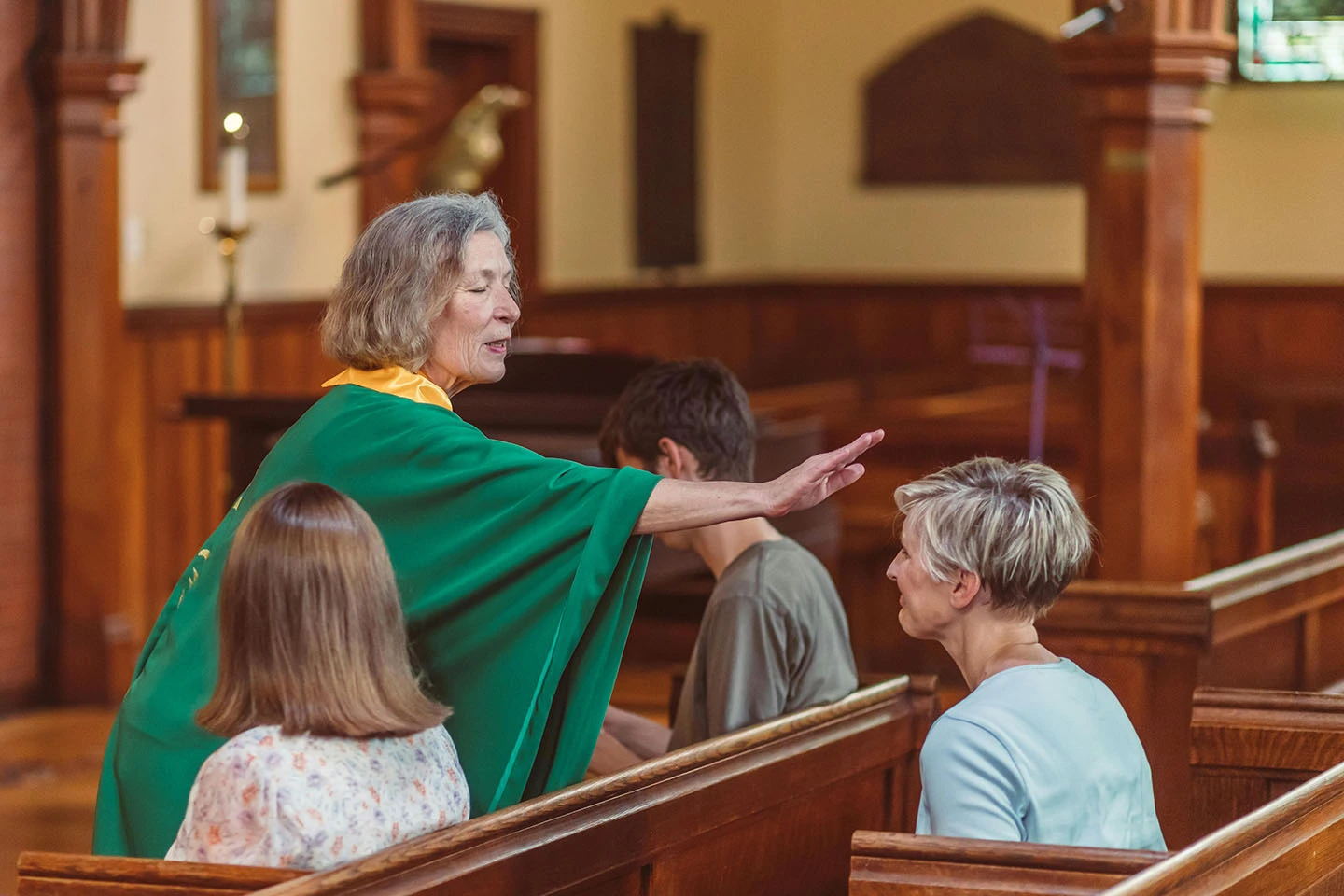
On the Jewish birthday, receiving a blessing from a rabbi or respected elder can be a beautiful and meaningful moment. While it’s not a required tradition, many people see it as a heartfelt way to add spiritual depth to the day.
Whether it’s during a synagogue service, a private chat, or even at a birthday gathering, reaching out for a blessing shows a desire for guidance, connection, and gratitude as they step into a new year of life.
The blessing itself can take many forms; maybe it’s a warm wish for good health and success, a traditional prayer like the Shehecheyanu, or even a few wise words rooted in Torah.
Whatever it is, the act of receiving such a blessing helps you pause, reflect, and start the new year with hope and inspiration. It’s a gentle reminder that their life is part of something bigger and deeply rooted in tradition and community.

4. Learning Torah or Giving a D’var Torah
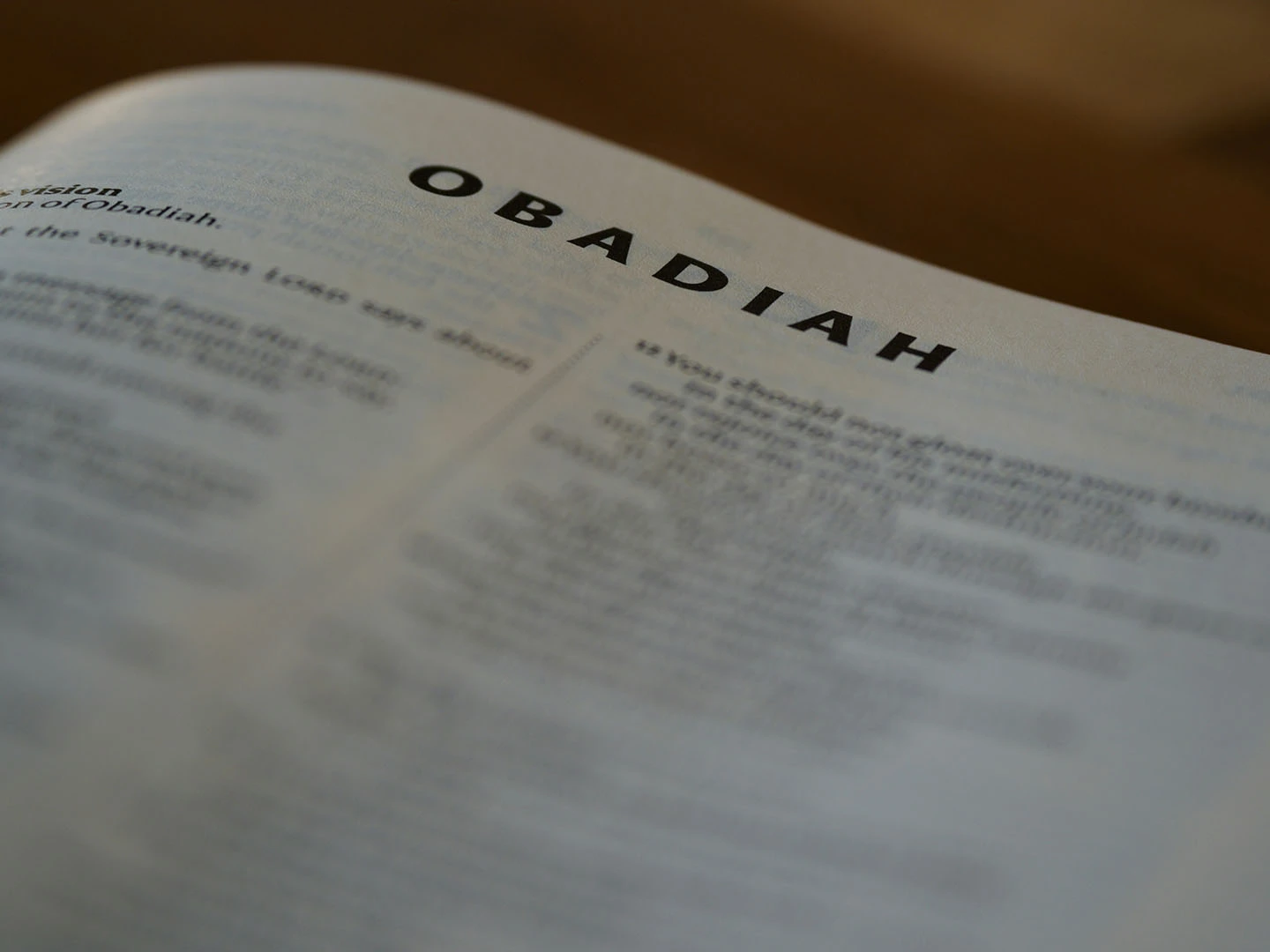
Celebrating a Jewish birthday offers a beautiful opportunity for spiritual growth, and two meaningful traditions often welcomed are learning Torah and giving a D’var Torah. Learning Torah on their birthday is more than study; it’s a sacred moment to reflect on their life, connect to Jewish values, and seek personal improvement.
Whether they’re getting into the weekly portion or exploring ancient commentaries, this mitzvah (commandment) allows them to position their special day with eternal wisdom and deepen their bond with Jewish tradition.
Giving a D’var Torah; a short teaching or reflection on the weekly portion, is another powerful way to mark a birthday. It doesn’t require being a rabbi or scholar; just a willingness to explore, learn, and share. When they prepare a D’var, they join a long chain of interpreters stretching back generations.
With so many commentaries and tools available today, they can reflect on a passage that resonates with them and offer insight that might inspire others. It’s both a personal and communal gift; a way to teach Torah, celebrate life, and add meaning to their birthday in a warm and thoughtful way.
5. Celebrating a Bar Mitzvah or Bat Mitzvah

A Bar Mitzvah for boys at age 13 and a Bat Mitzvah for girls at age 12 are major milestones in Jewish life, celebrated on the child’s Hebrew birthday. This special occasion marks their official entry into Jewish adulthood, where they take on the responsibility of observing mitzvot (commandments).
The highlight of the celebration is usually a Shabbat synagogue service, where the child reads from the Torah and delivers a d’var Torah; a short speech reflecting on the weekly Torah portion and its deeper meaning.
This moment shows not only their knowledge but also their personal connection to Jewish values and tradition.
After the synagogue service, family and friends gather for a joyful celebration, often with food, dancing, and gifts. Some children also take on a mitzvah project, like charity work, to show their dedication to doing good in the world.
Whether in Orthodox, Conservative, or Reform communities, the Bar/Bat Mitzvah is a meaningful rite of passage that helps children feel more connected to their faith and community.
It’s both a proud moment for the child and a heartfelt one for the family, as they honor the journey into a more responsible and spiritually aware life.
6. Hosting a Seudat Mitzvah
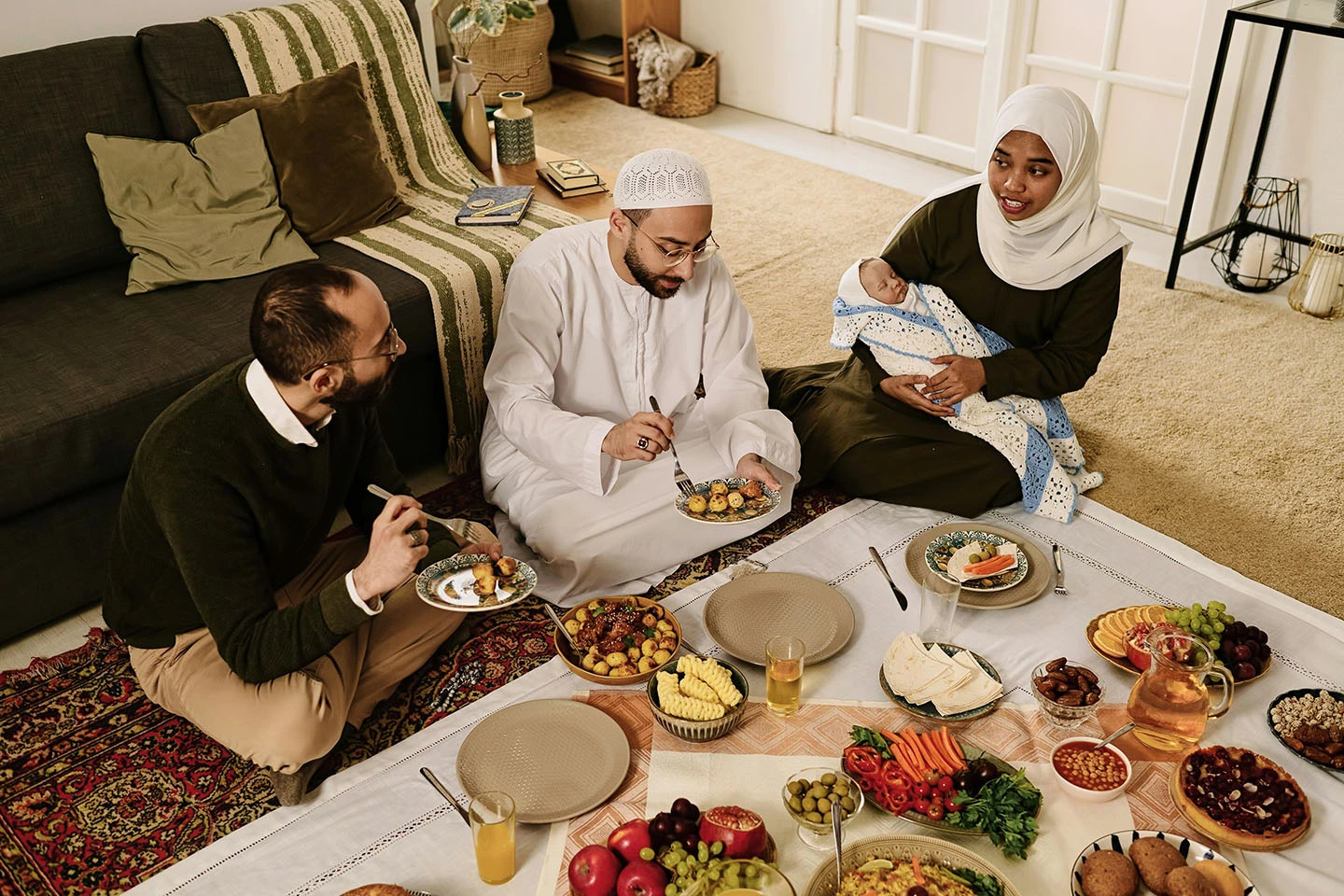
A seudat mitzvah is a special kind of meal in Judaism; it’s not just about food, but about joy, meaning, and celebrating a mitzvah (commandment) fulfilled. When someone reaches a Jewish milestone like a Bar or Bat Mitzvah, hosting a seudat mitzvah is a beautiful way to honor the moment.
Whether it’s a big party or a cozy dinner with loved ones, the meal becomes part of the spiritual celebration, highlighting the transition into Jewish adulthood and the responsibilities that come with it.
These meals often include meaningful traditions like Torah readings, heartfelt speeches, and blessings, making them both festive and deeply rooted in Jewish practice.
Sharing a meal in this way strengthens the bonds between family and community while celebrating the joy of living a mitzvah-filled life. It’s a warm, uplifting way to mark a Jewish birthday with gratitude, togetherness, and a lot of delicious food!
7. Lighting Candles on a Jewish Birthday
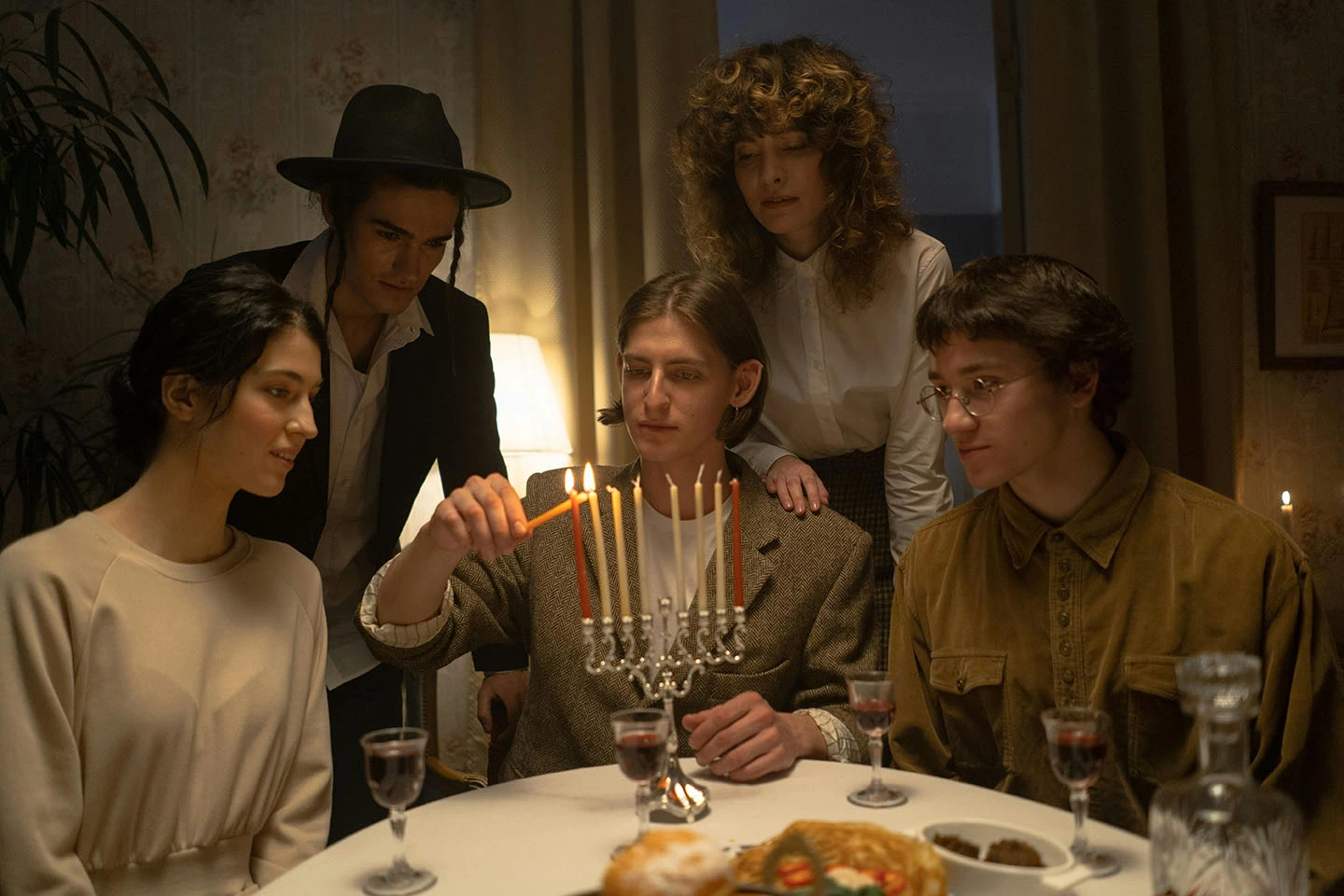
Lighting candles on a Jewish birthday isn’t a widespread tradition, but for some, it’s a meaningful way to honor loved ones; especially those who have passed away. Lighting a yahrzeit candle on their Hebrew birthday can bring a sense of connection and remembrance, making their presence felt in a quiet, beautiful way.
In Jewish symbolism, a flame represents the soul, so this act becomes a touching tribute to the spirit of someone who made a lasting impact.
Interestingly, while blowing out birthday candles is common in many cultures, some Jewish thinkers reflect on how a flame symbolizes life and spiritual growth; something we celebrate on birthdays. So rather than blowing out candles, the focus may be on keeping the light glowing, both literally and symbolically.
Whether remembering someone dear or reflecting on their own life, lighting a candle can bring warmth, depth, and spiritual meaning to their birthday celebration.
8. Visiting the Gravesite of a Tzaddik or Loved One
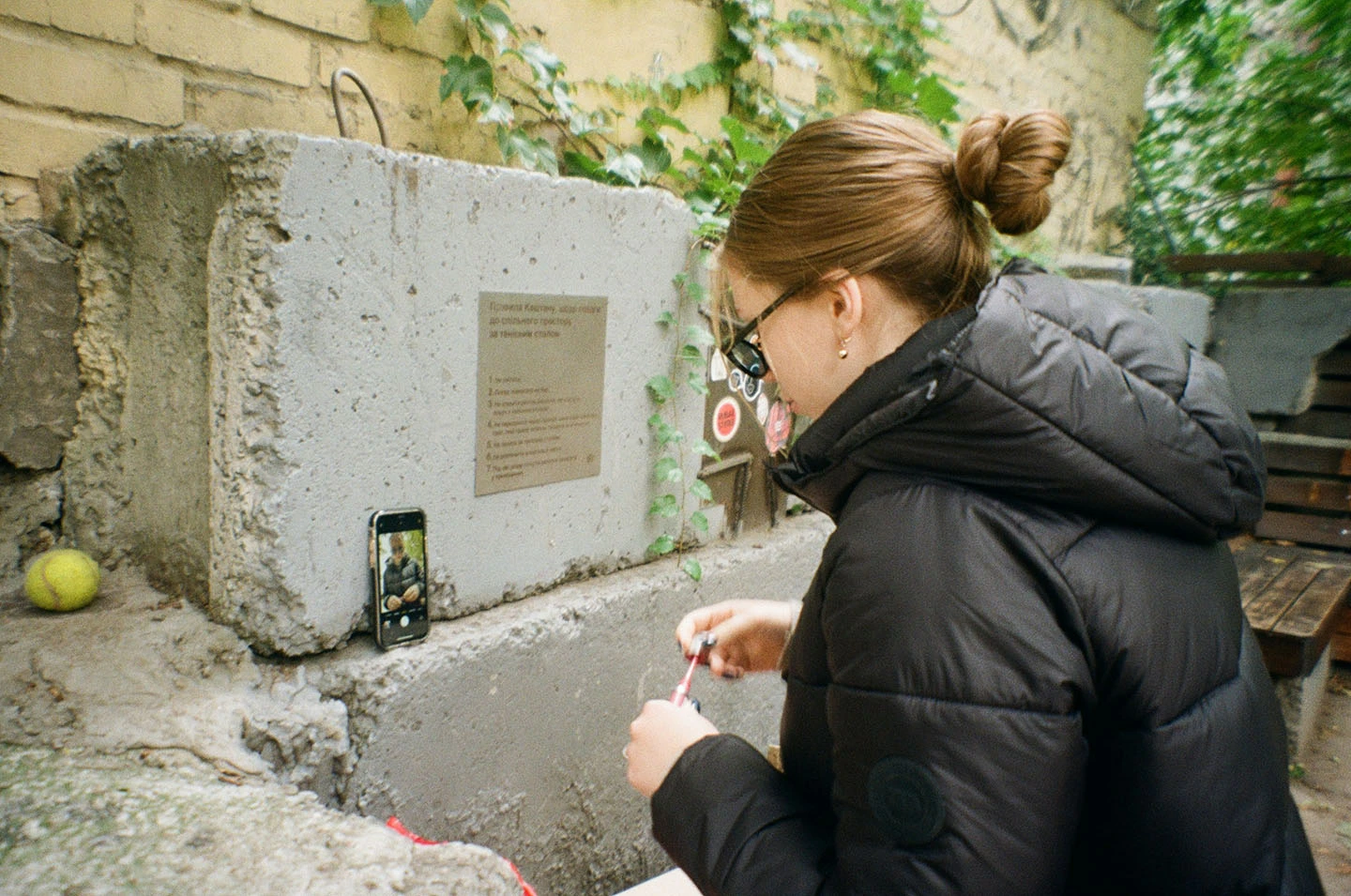
Visiting the gravesite of a loved one or a Tzaddik (a righteous person) on a Jewish birthday is a deeply meaningful way to honor their memory and feel spiritually connected.
While it’s not a requirement in Jewish law, many people choose to mark this special day with quiet reflection and heartfelt prayers.
Especially for those who visit the resting place of a Tzaddik, there’s a belief that these sacred spaces can elevate prayers and bring spiritual blessings.
This tradition is more about personal connection than ritual obligation. Some visitors leave a small stone on the grave as a sign of respect and remembrance, a gentle way to say, “I was here, and I remember you.”
Whether it’s a parent, grandparent, or spiritual leader, spending time at their gravesite can bring comfort, inspiration, and a renewed sense of purpose; especially on a day that marks the gift of their life.
What Are Jewish Birthday Traditions? A Recap
Jewish birthday traditions offer more than just cake and candles; they provide a deeply meaningful way to reflect, reconnect, and grow. From reciting Psalms and giving charity, to receiving blessings and studying Torah, each custom invites spiritual renewal and heartfelt gratitude.
Whether celebrating a milestone like a Bar/Bat Mitzvah or simply pausing for quiet reflection, a Jewish birthday becomes a sacred opportunity to honor life, legacy, and purpose.
With every prayer, act of kindness, or flicker of candlelight, they’re reminded that their birthdays are not just about getting older; they’re about becoming better.





